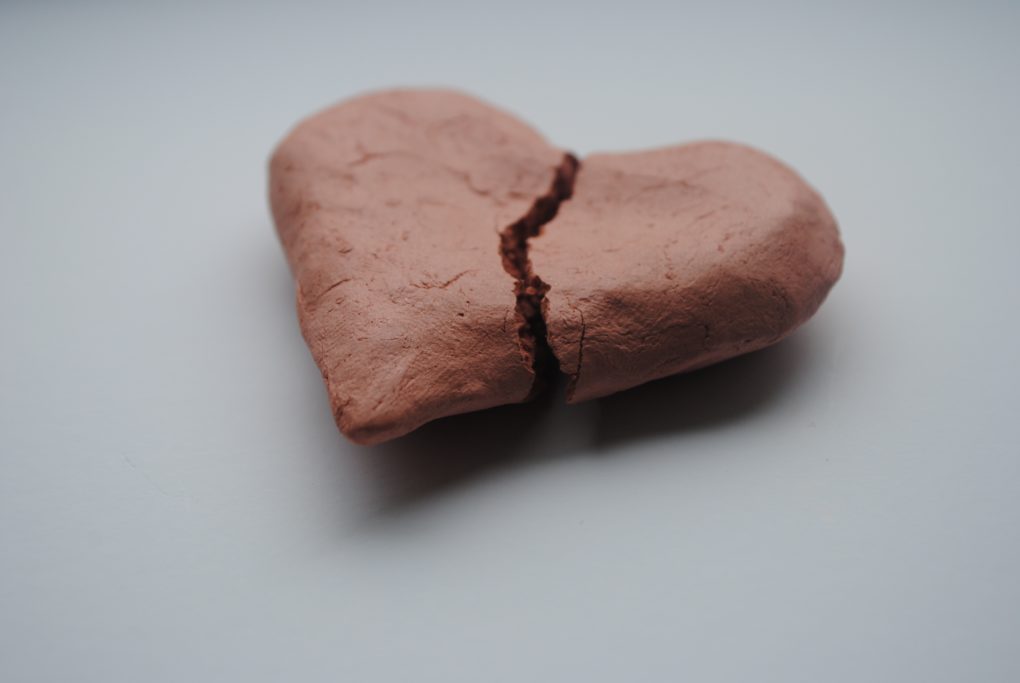“Your perception of me is a reflection of you; my reaction to you is an awareness of me.” – Unknown
This quote taps into the essence of self-attunement, self-awareness, unhealed wounds, and emotional healing. I LOVE IT. I plan on incorporating it in a future video.
Hi everyone. Welcome to Day 12 (5/27/17). Today, I wrote for you.
I meditated for 30 minutes total today and I did two guided meditations. I drifted off the sleep halfway through the longer one and then awoke and continued with the 10 minute one. Here are the links if you would like to check them out!
18 minutes: https://www.youtube.com/watch?v=Jyy0ra2WcQQ
10 minutes: https://www.youtube.com/watch?v=xoYnqvadurg
Today I was moved to write about the roles that we adopt in abusive families.
In dysfunctional households, all family members adopt fixed and rigid roles in order to survive the chaos, abuse, and neglect. The role you adopted as a child served as a protective barrier and provided you with a level of internal consistency amidst the turmoil. Its goal was to protect you as much as it could from experiencing the emotional pain of the abuse, neglect, and abandonment. For example, if you adopted the “perfectionist” role, your thought process may have been, “If only I keep the house tidy and spotless, my mother/father will not get upset and yell/hit/abuse me.” The pathology of a dysfunctional family is deeply rooted in the subconscious of all members and one manifestation of this is the adaptation of rigid roles. Everyone is fending for survival and if someone “steps out of line” (their role), there’s usually hell to pay for that person.
In an inconsistent, unpredictable, and chaotic household, parental stability and attunement are the two key missing ingredients. Children need to make sense of chaos and pain around them, and taking on a specific role in an attempt to provide the family with some sense of stability is one way that children cope with their abusive and neglectful environments.
When you first begin exploring this topic with your therapist or by yourself, you may experience rage and a variety of other emotions which may feel unfamiliar to you. Thinking about and understanding family roles is a heavy topic. We strive for clarity in life and it is usually experienced as an expansive feeling. But we rarely talk about the type of clarity that touches the deepest pain in us, the type that takes our breath away. When you first come to realize the role you took on to emotionally survive and just how deeply dysfunctional your family unit was, you may experience the latter type of clarity. I encourage you to first begin exploring this in your therapist’s office and to ask for guidance on how to cope with emotional flashbacks.
When I first began exploring the role I adopted in my family, let me tell you, there were many tears and no shortage of anger, rage, and disgust. As I’m writing this, I continue to be activated, feeling like someone is standing on my chest and like I’m suffocating. This is intense work. While I won’t even try to make this seem any easier than what it actually is, I will say that this part of the healing journey is imperative. It’s still triggering and activating for me, sure, but once I began to explore, process through, and understand how the role I had in my family bled into other aspects of my life, I finally gave things a chance to change. I also felt like I was able to start shedding parts of this role that no longer served me and it led me to a deeper understanding of who I really am. I work every day to identify less with the self-destructive and self-sabotaging parts of this role, but it’s not a walk in the park. It continues to make its way into my thinking, feeling, and doing and when I’m not paying attention, I find myself slipping back into my old patterns that embody that familiar role. I think I have accepted now that in a way, this will be a life-long journey for me.
As with all things, a duality is present here as well, my friends… I have learned and continue to learn how to incorporate the useful characteristics of my past familial role into my life journey, while working to move away from its self-destructive and self-sabotaging ways.
I always talk about opening those doors inside us. Not to oversimplify or color this with pink roses, but once you begin opening the doors to your deep pain, you simultaneously allow your Natural Inner Child (term from Steven Farmer) to come out of the shadows. This is when things begin to shift. Once you begin the process of understanding, on a physiological, mental, emotional, and soul level, how your awfully painful childhood experiences have affected you, you slowly allow yourself to feel the pain that you were denied back then (this is the grieving process). This allows you to experience yourself differently because you begin integrating parts of yourself that you have hidden, blocked, and forgotten in order to survive. When you realize that you actually have survived, you also begin to think about how things can be different now and how you want to make them different. You know and feel that things can be different, and even if the road ahead of you seems long and difficult, you accept it more now, because the emotional and soul experience of engaging your Natural Inner Child feels too life-changing to pass up.
This can be a slow process depending on your level of trauma and in no way do I mean to minimize or dismiss the pain and agony of rewiring the brain and shifting internal programming from childhood. This is a process, my friends, and it’s an every day commitment. Every day I have to be highly present and attuned to myself (among many things), otherwise, my tendencies for self-sabotage would take over my life.
I will leave you with the following, which I will circle back to in future videos and blog posts. Steven Farmer in his book, Adult Children of Abusive Parents, writes about four specific roles that children in abusive households usually adopt. I would highly recommend the book to survivors of childhood abuse and neglect. Here they are:
- The Perfectionist,
mantra: “I’ll do it so it’ll get done right.”
- The Caretaker,
mantra: “I’ll make you feel better.”
- The Invisible One,
mantra: “I’ll just disappear.”
- The Rebel,
mantra: “I’ll show you!”
Farmer writes that the goal is to intergrate our Natural Inner Child (the most genuine, creative, and expressive part of you that you buried and disconnected from in order to emotionally survive the abuse and neglect). This integration lets you see yourself clearly, at the same time allowing for more flexibility and exploration with a variety of behaviors, without assigning any rigid identification to any specific one.
Let me know what resonated with you. Email me at vi@healthylifewithvi.com with questions or comments. Connect with me on my Facebook page – Healthy Life with Vi. I would love to hear from you!
0

0 comments on “DAY 12 – FAMILIAL ROLES THAT KEEP US CAGED | 100 Day Self-Attunement Journey” Add yours →